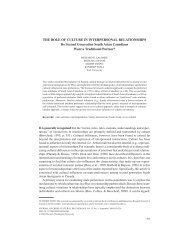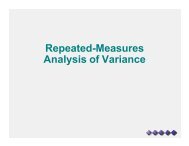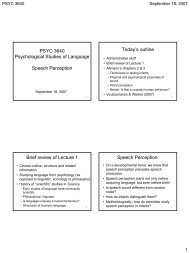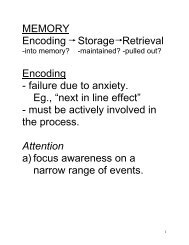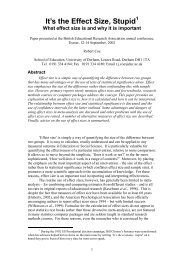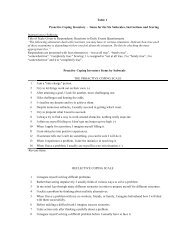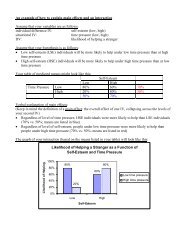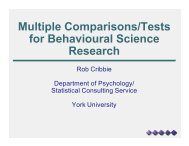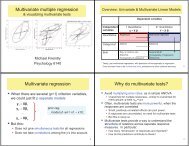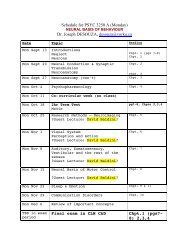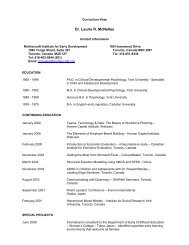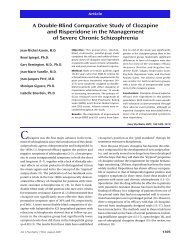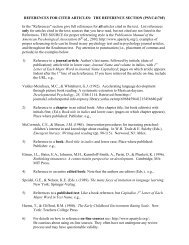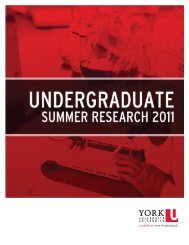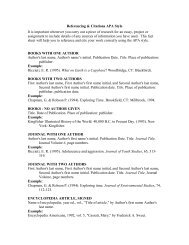The Drama of the Gifted Child (The Search for the True Self)
The Drama of the Gifted Child (The Search for the True Self)
The Drama of the Gifted Child (The Search for the True Self)
You also want an ePaper? Increase the reach of your titles
YUMPU automatically turns print PDFs into web optimized ePapers that Google loves.
moral evaluation, and although it does not concern a perversion,<br />
it does seem to me to have something in common<br />
with <strong>the</strong> early history <strong>of</strong> a perversion, namely, <strong>the</strong> introjection<br />
<strong>of</strong> parental contempt <strong>for</strong> <strong>the</strong> child's instinctual<br />
needs. This example also has <strong>the</strong> advantage that it has been<br />
published, and published by <strong>the</strong> person himself, so that <strong>the</strong><br />
connections that I shall postulate can be clarified with concrete<br />
examples from his life.<br />
At <strong>the</strong> beginning <strong>of</strong> his novel Demian, Hermann Hesse<br />
describes <strong>the</strong> goodness and purity <strong>of</strong> a parental home that<br />
gave nei<strong>the</strong>r a place nor a hearing to a child's fibs. (It is<br />
not difficult to recognize <strong>the</strong> author's own parental home<br />
in this novel, and he confirms this indirectly.) Thus <strong>the</strong><br />
child is left alone with his sin and feels that he is depraved,<br />
wicked, and outcast, though nobody scolds him (since nobody<br />
knows <strong>the</strong> "terrible facts") and everyone shows him<br />
kindness and friendliness.<br />
Many people recognize this situation. <strong>The</strong> idealizing way<br />
<strong>of</strong> describing such a "pure" household is not strange to us<br />
ei<strong>the</strong>r, and it reflects both <strong>the</strong> child's point <strong>of</strong> view and <strong>the</strong><br />
hidden cruelty <strong>of</strong> educational methods that we know well.<br />
Like most parents [writes Hesse], mine were no help with<br />
<strong>the</strong> new problems <strong>of</strong> puberty, to which no reference was<br />
ever made. All <strong>the</strong>y did was take endless trouble in supporting<br />
my hopeless attempts to deny reality and to continue<br />
dwelling in a childhood world that was becoming more and<br />
more unreal. I have no idea whe<strong>the</strong>r parents can be <strong>of</strong> help,<br />
and I do not blame mine. It was my own affair to come to<br />
terms with myself and to find my own way, and like most<br />
well-brought-up children, I managed it badly. (p. 49) *<br />
To a child his parents seem to be free <strong>of</strong> instinctual<br />
wishes, <strong>for</strong> <strong>the</strong>y have means and possibilities <strong>of</strong> hiding <strong>the</strong>ir<br />
* Italics added.<br />
93



